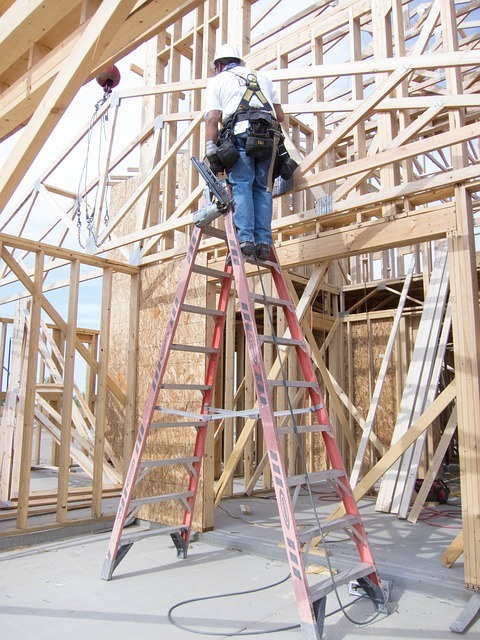Most builders and general contractors do not have the specialized knowledge required for soundproofing (sometimes called noise proofing) to be done correctly. An acoustics consultant should guide a specialized soundproofing company to ensure the job gets done correctly.
More...
A general contractor or builder has, precisely as implied, general knowledge about construction. Only a fraction of builders possess the required expertise or care enough to hire an acoustics consultant to advise them about soundproofing. This applies even to those contractors who think (or claim) that they know enough about it and call themselves a soundproofing company. For an example of a project botched by a contractor, read this article.
Why does a soundproofing company need special expertise?
Soundproofing is a sub-specialty of acoustics science (a branch of physics). There are books available on this subject [see ref. 1], but they are voluminous (ref. 1 has 622 pages). One would need to invest significant time and effort into reading these books, and the reader would need an engineering or science background to digest the content fully. Many universities offer graduate courses in architectural acoustics, for example, RENSSELAER POLYTECHNIC INSTITUTE. It is an acoustics consultant's job to know this material.
In addition to basic acoustics science knowledge, there are industry and trade references containing quantitative data about sound attenuation of different wall systems and assemblies. (see Quietrock information for an example of what a soundproofing company needs). Acoustical performance data of materials is measured under standardized laboratory conditions and it takes expertise to apply the data to actual field situations. A typical contractor would not have the knowledge to apply this data accurately to a specific project without the help of an acoustics consultant.
Soundproofing a basement apartment
As an illustration of my point, let me outline the main considerations that go into noise proofing a basement apartment. This analysis must be done during the planning stages of a new construction or renovation. These are the issues to consider and adequately treat when soundproofing:
- Determine the required level of soundproofing for airborne and impact noise that meet the owner’s expectations.
- Perform field acoustic testing to determine the existing level of noise transfer (in the case of a renovation). This step is optional.
- Assess airborne noise transfer between upstairs and downstairs in both directions.
- Assess impact noise transfer from upstairs to downstairs.
- Assess noise conducted through air ducts; ensure air ducts have fire stop dampers if required.
- Assess flanking noise transfer through supporting and partition walls and wall/floor junctions.
- Assess the need for soundproof doors.
- Select construction materials and assemblies to control all possible noise paths to an acceptable level.
- Monitor construction quality to make sure that the soundproofing construction was done properly.
- Perform field acoustic testing to confirm that the finished structure met the design objectives for sound attenuation. This step is optional.
While these are the main points, many additional details have not been mentioned here. It should be clear that getting a soundproofing job done right is a team effort between a soundproofing company, an architect, and an acoustics consultant.
[Reference 1]: Handbook of Acoustics, Sixth Edition (2015) by Everest & Pohlmann (McGraw Hill Education)
To request a consulting quote in Toronto area from the author of the article, click on the button below.
We always appreciate your feedback. Please submit your comments using the form below.
